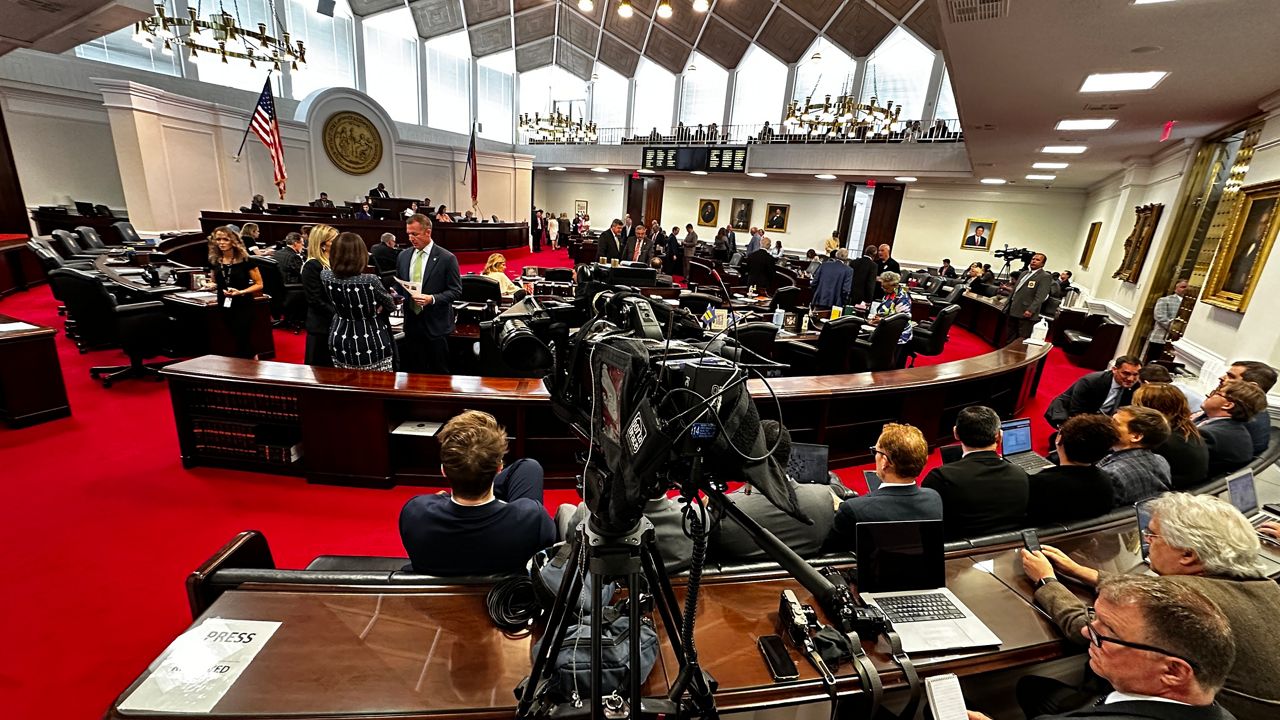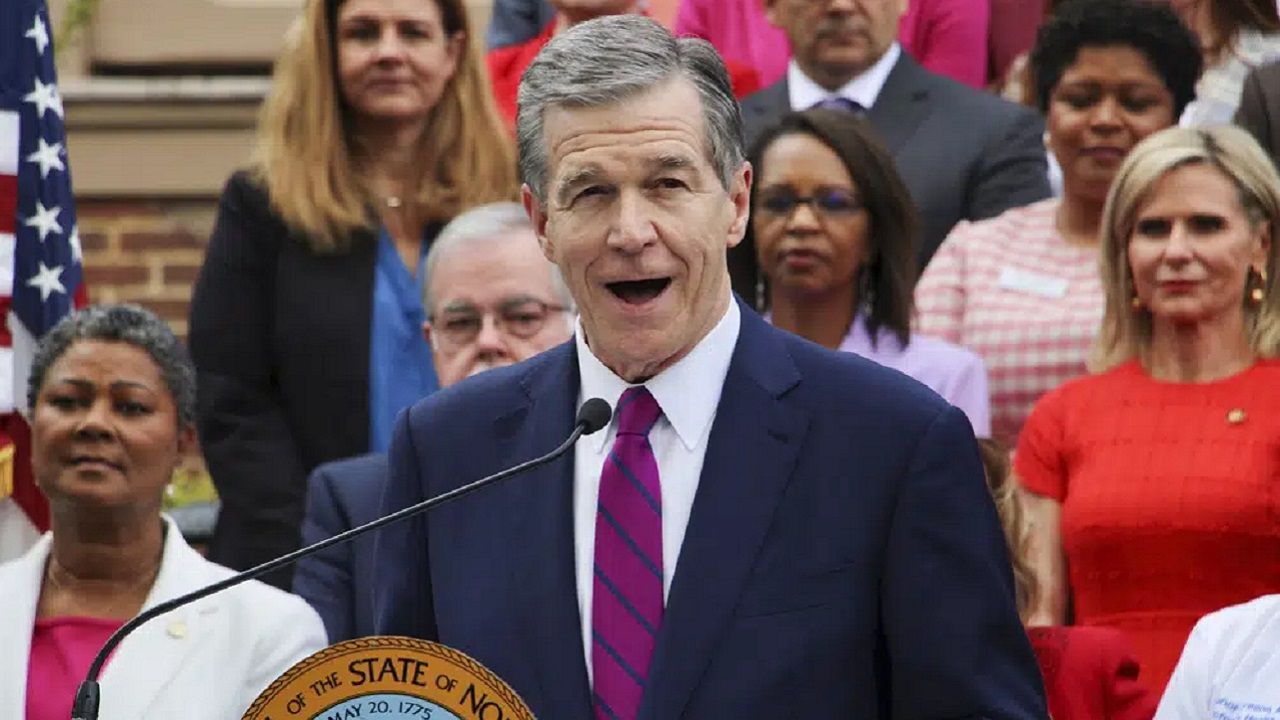WASHINGTON, D.C. — After a lot of back-and-forth – and a record-long speech of nearly nine hours by Democratic leader Hakeem Jeffries to delay a final vote, the House passed President Donald Trump’s tax and spending bill Thursday afternoon, ahead of the long Fourth of July holiday weekend.
Nearly all Republicans in the Senate and House united behind the bill – including every North Carolina member of Congress – with the exception of Senator Thom Tillis, who voted against it on Tuesday after announcing he would not run for office again Sunday.
Republican Congressman Greg Murphy, a doctor, was publicly skeptical of the bill because his concerns on how it would impact rural hospitals.
The bill does have a rural hospital fund to help them, but there are concerns the $50 billion isn’t enough.
Murphy said he spoke with the president about those concerns.
“It’s not enough,” he said. “And the president actually committed to try and get more. He literally brought that up to me, because I told him that wasn’t enough.”
But those are assurances are not made clear in the bill. The House version of the legislation didn't change from what the Senate passed earlier this week.
Murphy argued there are ways the president could try for more funding.
“There are administrative things that any president can do,” Murphy said. We saw a million things with the Biden Administration.”
Republican Rep. Don Davis also expressed concern over the fate of rural hospitals.
“I have great concerns when we talk about health care delivery, when we talk about making sure we’re able to keep our rural hospitals intact,” Davis said.
Those critical of the bill have also said they are deeply worried over the impact the bill’s passing could have on Medicaid.
The state department of health says the number of Medicaid recipients who lose their insurance under this bill will be in the hundreds of thousands. But the range is large – it could be in the 200,000s or up to around 650,000.
The exact number of people will be dependent on whether the General Assembly passes its own legislation to save Medicaid expansion, which ends in North Carolina under the requirements bill.
Either way – a lot of people are projected to lose their current health insurance.
Another big impact is on the food assistance program known as SNAP. There are 1.4 million people relying on SNAP in North Carolina.
Up until now the federal government has covered the full cost of SNAP benefits and half of the administrative costs – this bill will shift more of those costs to states – something the governor’s office said would cost it more than $400 million dollars a year.
The General Assembly would need to act to allocate that money – otherwise the program would end.
There are some new tax deductions in this bill as well, like tax breaks passed in the first Trump administration that were set to expire at the end of this year will be extended and senior citizens will get a temporary tax break. Workers who receive tips or overtime would get a temporary tax breaks.
President Trump is set to sign the bill Friday at the White House.










